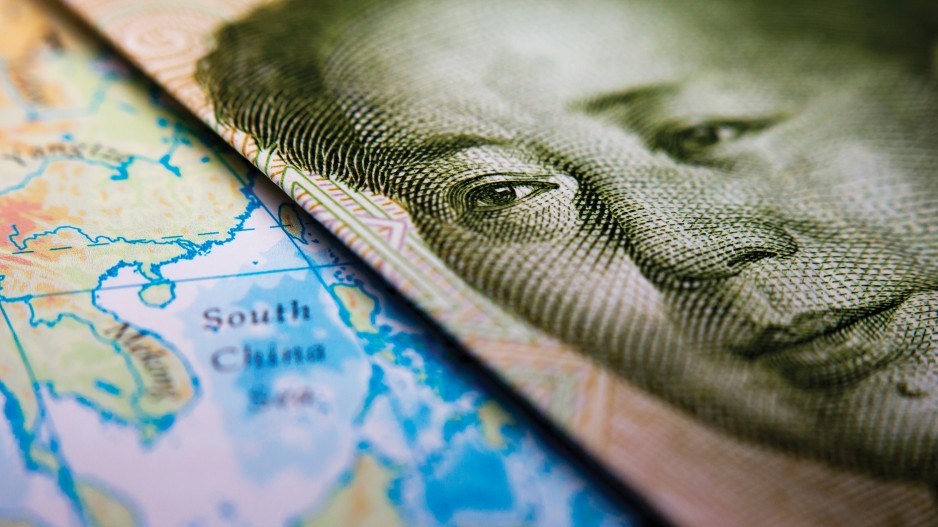The Far East and Southeast Asia are looking more risky and uncertain as places to do business and target investment than they have for a quarter of a century.
This reality has been building for several years, but it was put into plain language by United States Defence Secretary James Mattis when he produced a new strategic policy paper on January 19 that proclaimed China and Russia are Washington’s main enemies, not the Islamic State group or al-Qaida.
“Great power competition, not terrorism, is now the primary focus of U.S. national security,” Mattis said. “This strategy is fit for our time.”
This appears to put to bed any lingering hopes for the development of broadly co-operative relationships between Washington, Beijing and Moscow. That’s certainly the way the Chinese and Russian governments read it. Both lambasted the Mattis doctrine as a return to the Cold War mindset.
But as is the norm on all fronts in dealing with the current U.S. administration, it is not at all clear what the new defence policy will amount to, where the promised extra spending will go, or if there is any alignment between defence and foreign policies.
The experience of the past 12 months says the Oval Office is driven only by an impulse to destroy existing U.S. institutions, and to brandish unpredictability as the ultimate bargaining weapon, though to what end is not yet clear.
The Oval Office’s bluster against the Kim Jong Un regime in North Korea and its nuclear weapons program is a distraction. The squabble is essentially a drive by Beijing to separate Washington from its Japanese and South Korean allies. So far, events are moving in the direction Beijing wants.
Crucial for Asia among the multiple grievances harboured by the current tenants of the White House is a disdain for multilateral trade agreements. There’s nothing ambiguous about the abandonment of the Trans-Pacific Partnership (TPP) and willingness to overturn the North American Free Trade Agreement table.
Washington’s traditional allies in the Far East, Southeast Asia and Australasia, have got the message that their futures are very uncertain, something that inevitably creates the worst possible climate for business, investment and national security.
They are doing what they can to find rocks to cling to in the backwash churned up by Washington as it steams sluggishly for home port while Beijing’s armadas speed ahead with assertive self-confidence.
A watered-down version of the TPP among the remaining 11 players is becoming a real thing. The 10 countries of Southeast Asia are pushing ahead with their economic union as fast as consensus politics and the interference of Beijing will allow. Australia is backing away as fast as possible from its resource industries’ dependence on the Chinese market, and is boosting its security relationship with Japan.
But all are acutely aware that the future will likely be played by Beijing’s rules, and those are nothing like what they have been used to under Washington’s umbrella.
China’s president and Communist Party of China (CPC) leader, Xi Jinping, made no bones about that when he spoke at the party convention late last year. He dismissed democracy as far inferior to China’s authoritarian state-directed capitalism. Coupled with that are almost daily additions to the evidence that the CPC does not believe in and will never accept the concept of the rule of law.
It is going to be very difficult for countries like Canada, Australia, Japan, South Korea and like-minded nations of Southeast Asia to deal with the CPC’s China as a global hegemon, and to maintain their civic values without being able to count on the support of the U.S.
But that is the future that the last U.S. presidential elections thrust upon the world. •
Jonathan Manthorpe ([email protected]) has been an international affairs columnist for four decades.




